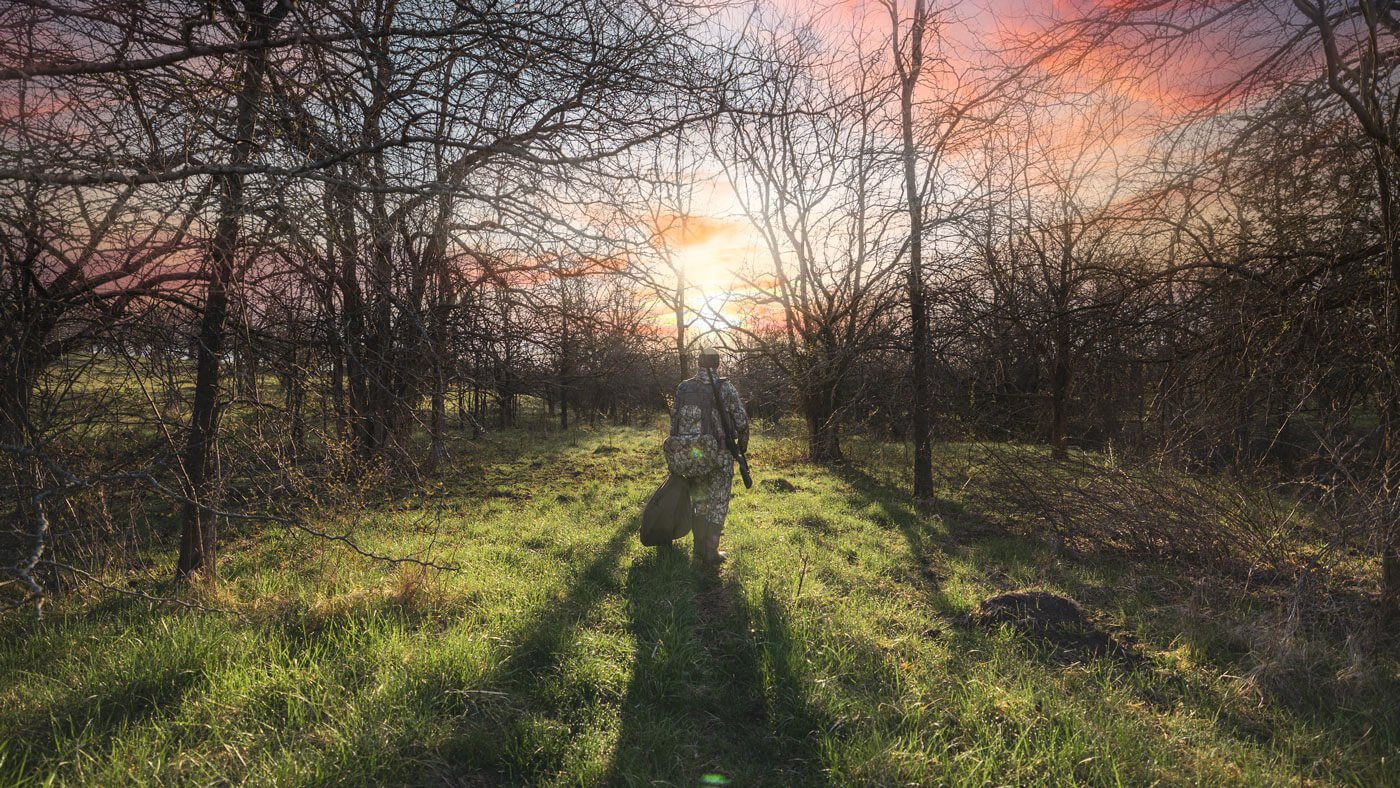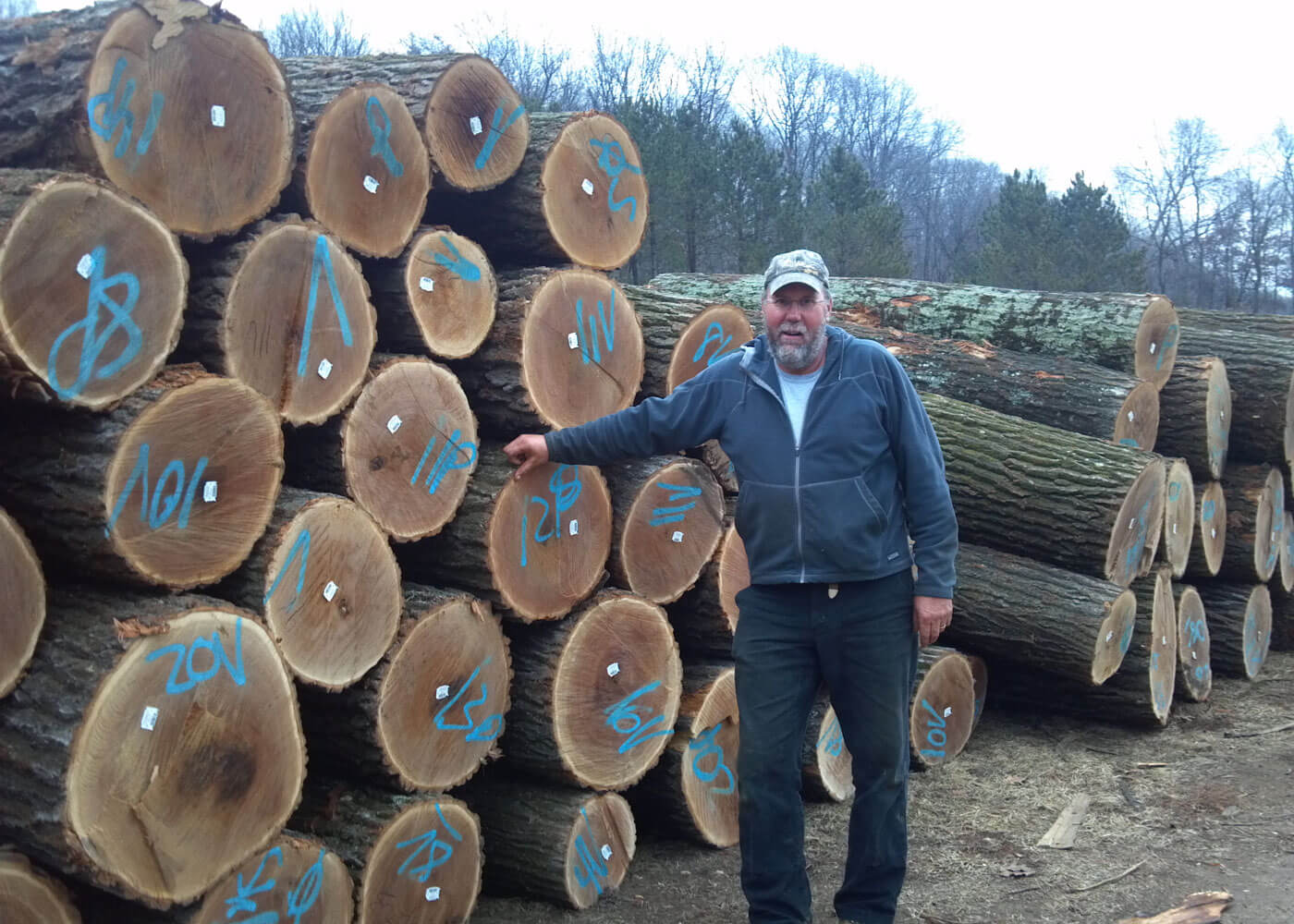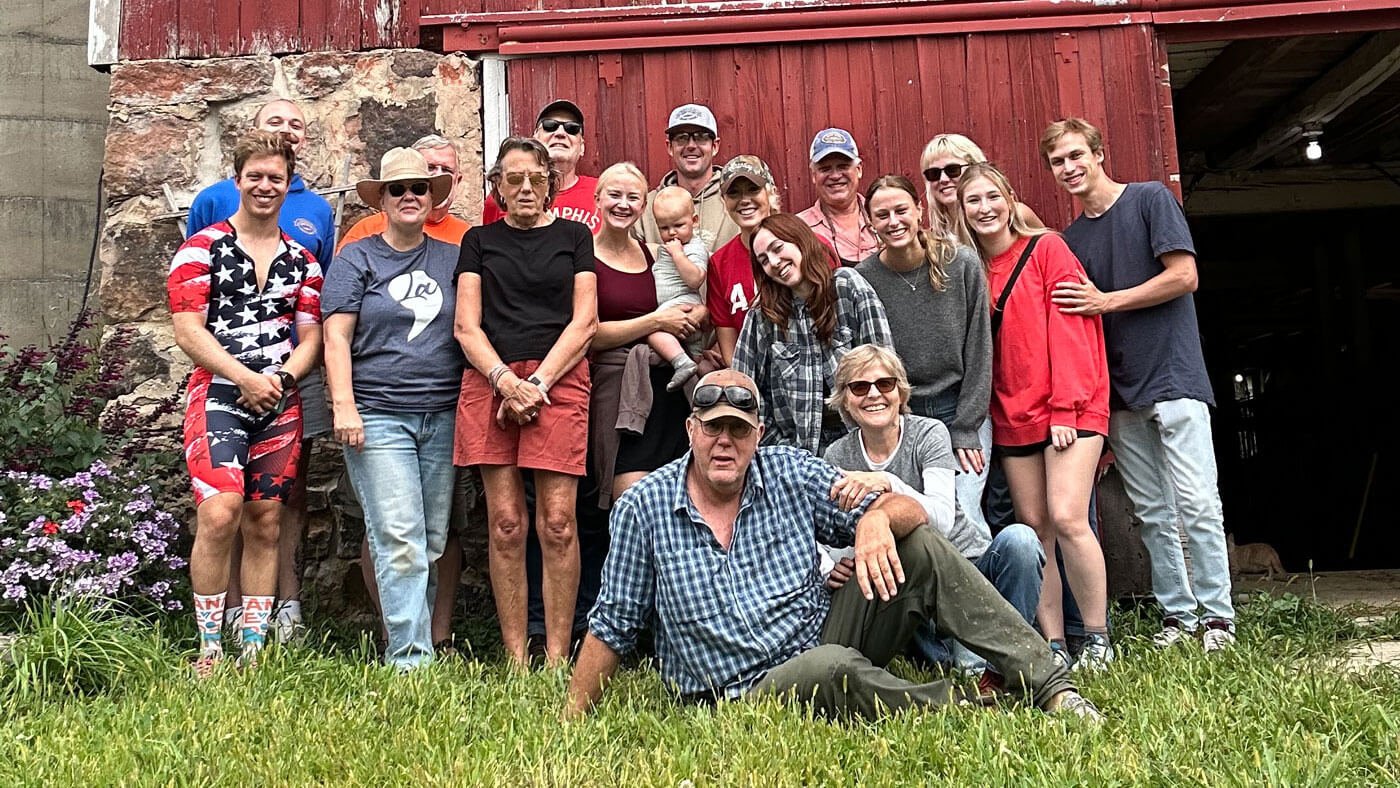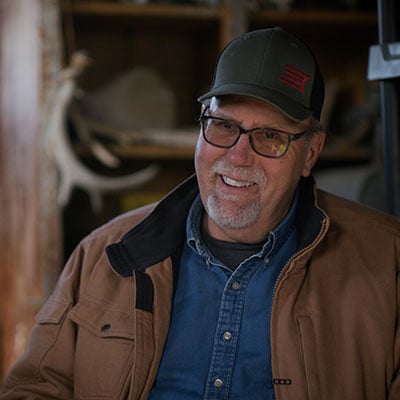- Savage Blog
- How to Develop Your Personal Conservation Philosophy
How to Develop Your Personal Conservation Philosophy

2024 is the 75th Anniversary of the publishing of A Sand County Almanac written by Aldo Leopold. This collection of essays serves as one of the cornerstones for modern conservation science, policy, and ethics. This is the first of three articles in the Savage's "Becoming a Conservationist" Serve the Land series exploring practical themes of modern day conservation, while celebrating Leopold and how we can implement his Land Ethic in our time.
“A thing is right when it tends to preserve the integrity, stability, and beauty of the biotic community. It is wrong when it tends otherwise.” The Land Ethic, Aldo Leopold, “A Sand County Almanac, Sketches Here and There”
When Aldo Leopold compiled his most famous work, “A Sand County Almanac” he wrote in a draft forward: “… I do not imply that this philosophy of land was always clear to me. It is rather, the end-result of a life-journey….”
Now in my 65th year and still reflecting on my own life’s journey and conservation viewpoint, I read and think about Leopold’s words often. They have guided, puzzled, and inspired me, and are part of my personal guiding conservation principles.
“It’s Not Ours, It’s Just Our Turn.”
My personal conservation philosophy evolved through a lifetime of experiences.
The phrase which has become my motto, was born in the early 2000s out of that lifetime of experience, family, and responsibility to the land and legacy of our multi-generational farm.
I was working with forester Mike Finlay in the "Big Woods" of the Duren Farm. Three previous generations of my family had managed the woodland in a balanced and thoughtful way, providing logs for our family and other sawmills, while nurturing young trees for future harvests. The time had come to plan and implement a harvest in a stand of mature timber Mike, and I were reviewing.

After much consideration, an Oak Regeneration/Shelterwood harvest was decided on and scheduled. A successful Shelterwood project requires a commitment to an aggressive pre-harvest, harvest, and post-harvest strategy. The harvest of this 30-acre area of even aged, mature oak trees meant dramatically changing that section of woods. The intent of the Shelterwood harvest is that 100 years from now, Red and White Oaks, children of the giants we would remove, would once again tower in this woodland. As Mike told me “When harvesting timber, what you leave is as important as what you take.”
As we finished our work and reviewed the harvest strategy, we paused to consider these beautiful trees, the work ahead and what the woods would look like going forward. Mike complimented my ancestors for their good stewardship and my generation for this plan and the responsibility of it. "Not everyone is able to see the long view and is willing to make this kind of commitment to and regenerating oaks, an important species we're losing in the Driftless." As I considered his comment, I thought of my Great-grandparents, Grandparents and Parents. I thought of my late brother Matt, my siblings, and our children. I felt like they were there with me and in that moment, I said, "Well, I guess we realize... it's not ours, it's just our turn."

Mike smiled and said, "That's good. I like it. You should write that down" So I did.
Since that day "It's not ours, it's just our turn" has become my conservation guide, outlook and message. Not just for our farm, but for our area, our state, region and beyond.
Developing Your Personal Conservation Philosophy
Developing your own conservation viewpoint and ethos is very much a personal journey, formed by individual experience, where you are from, where you are at any time, what and who you read and listen to, where you are headed in life and what is important to you. “That path is for your steps alone” as the song says.
As you think about what conservation means to you and how those thoughts will guide you, think about these ideas:
- How do you interact with the natural world and what is most important to you? What activities do you enjoy most and what is needed to continue them?
- For instance, if fishing is an activity you enjoy, clean lakes and stream water are important.
- If you hunt, what habitats do the species you pursue need and how are they affected by various interests?
- If you’re a hiker, what is special about the places you visit and what are the impacts that add to or subtract from them?
- If you mountain bike, where can you do that responsibly?
- What can you do to conserve and protect the outdoor places you enjoy?
We hear the adage “Hunting is Conservation.” Although there is much to support that statement, often when I hear that statement, I think of the Gershwin tune “It Ain’t Necessarily So.” A hunt, where you successfully harvest game, is first and even foremost, extraction: taking something. Yes, you bought a license which supports your state game department and the gun and ammo you purchased supports conservation through the Pittman-Robertson Act Excise Tax.
That is passive involvement. Conservation also needs our active involvement. Does that appeal to you? If so, think about how you’d like to get involved in conservation and what kinds of skills and energy you can contribute. Consider joining, supporting, and volunteering for an organization that supports conservation in your area. Attend field days to learn about conservation practices. You’ll find those groups are full of like-minded people and it will be a place where you can learn about, and enjoy more deeply, your time outdoors.
Keep a journal, or some record of the events and activities you participate in. Reflect on these experiences periodically, allowing your personal conservation journey to evolve. Through this action, you can deepen your connection to the outdoors, make a meaningful impact in conservation and let your conservation philosophy develop.


